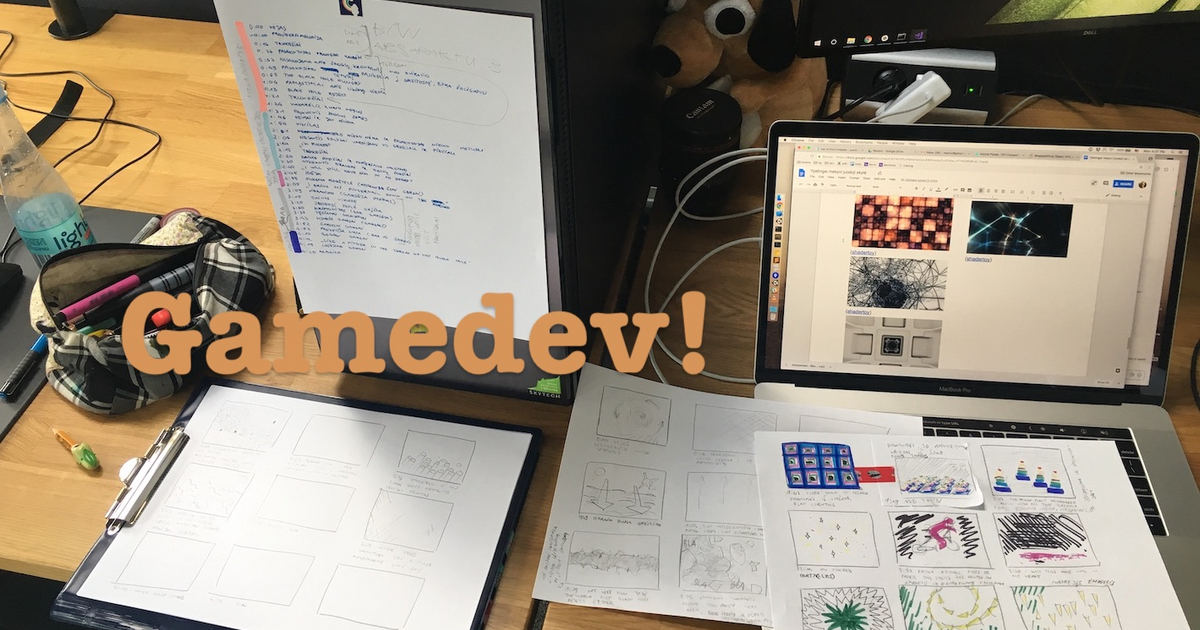Recent searches
Search options
What's amusing to me here is it's a dev comparing the "old approach" of learning via StackOverflow to learning via LLMs. My generation of programmers disrespected SO as dumbing down learning because so many devs were just copy/pasting the top answer instead of understanding it - it was faster so of course they did. LLMs are the same: worse but faster. So the article is not wrong, but it doesn't realise they're fighting a losing battle, one that we fought & lost already. https://nmn.gl/blog/ai-and-learning
@sinbad My theory is that we grew up with machines that you could actually understand completely. A Speccy fits in a brain. A single person can know everything about it.
That stopped around the Pentium era. A single person, no matter how smart, stopped being able to understand everything about a machine.
Over time as the mountain of stuff you can never sensibly understand piled up, people just embraced it. Don't know, don't care, make it work somehow, ship it. Ah well.
@TomF @sinbad having grown up mostly with machines from the pentium era, the way I learned Computer Stuff was to pick a topic, find books on it, and learn whatever I could about that chunk of the computer. I don't think it's possible to know the whole machine, but it's possible to draw a little box around part of it and learn it's contents completely, and then draw another box next to that, and so on. I think I have a pretty good breadth and depth of understanding, but I'll always be learning.
@TomF @sinbad I think the main thing that changed is that things like stack overflow and LLMs are low friction resources that are just practical enough that curiosity, tenacity, and a lot of free time aren't prerequisites anymore for some areas of Computer Stuff (and other topics). I don't think there are any fewer tenacious curious people with the time and support to go further than that, but it might seem like that because there's a lot more programmers now.
@TomF @sinbad I like to think that having a lower barrier of entry is a good thing, because people can still be nerd sniped into becoming great programmers and may be motivated to do so when they reach the limitations of low friction learning resources, but I don't have any proof of that, and I've seen research to suggest the opposite may be true with LLMs so idk ymmv.
@aeva @TomF yeah you’re probably right - everyone has to go through the stage of doing it badly before they learn the whys and hows of how to build things well, perhaps it’s just the pathway there that is different. Although I do wonder about the erosion of what’s considered good enough, since management is always looking for a quick fix. That hasn’t changed but expectations of what acceptable quality vs speed/cost looks like may well have bad consequences
@sinbad @aeva Low barrier to entry is crucial. My generation's machines - you plug them in, you have BASIC starting at you. The next 2-3 generations - nah, you had to buy a $$$ package before you could program. Shocking difference in literacy.
But you could dig behind BASIC and get results. You could know - you could know it ALL. You could just keep digging, and actually reach the bottom.
Now... you know you can't possibly do that. There's no end. So maybe people don't even start?
@Scmbradley @sinbad @aeva Could do - I never got into that world, but yeah that's very plausible. It's also I think why writing new games on old machines (8-bit and 16bit) is so attractive. Especially with the fantastic emulators we have these days, you really can Know Everything.
@Scmbradley @TomF @sinbad i think rpi is in a similar ballpark of complexity to other modern PCs, but arduinos maybe are simple enough. or at least the old ones might be. idk about the new ones that are kitchen sink system-on-a-chips with stuff like bluetooth
@aeva @TomF @sinbad one nice difference (?) between then and now: tiny LEDs should be a lot cheaper now*, and this could potentially allow us to build circuits that give a lot more feedback about what's happening in any machine you build for this purpose.
also: you can design a custom PCB and have it fab'd and shipped here in a relatively short time now.
[*] but with the recently self-imposed trade war, who knows
@JamesWidman @aeva @sinbad This looks simple enough to learn: https://hackaday.io/project/189704-the-l7-a-very-simple-8-bit-cpu
Also, if you don't need to learn the internals of the Z80, basically the whole of the rest of the Speccy is covered down to the gate level in this excellent book:
http://www.zxdesign.info/book/

